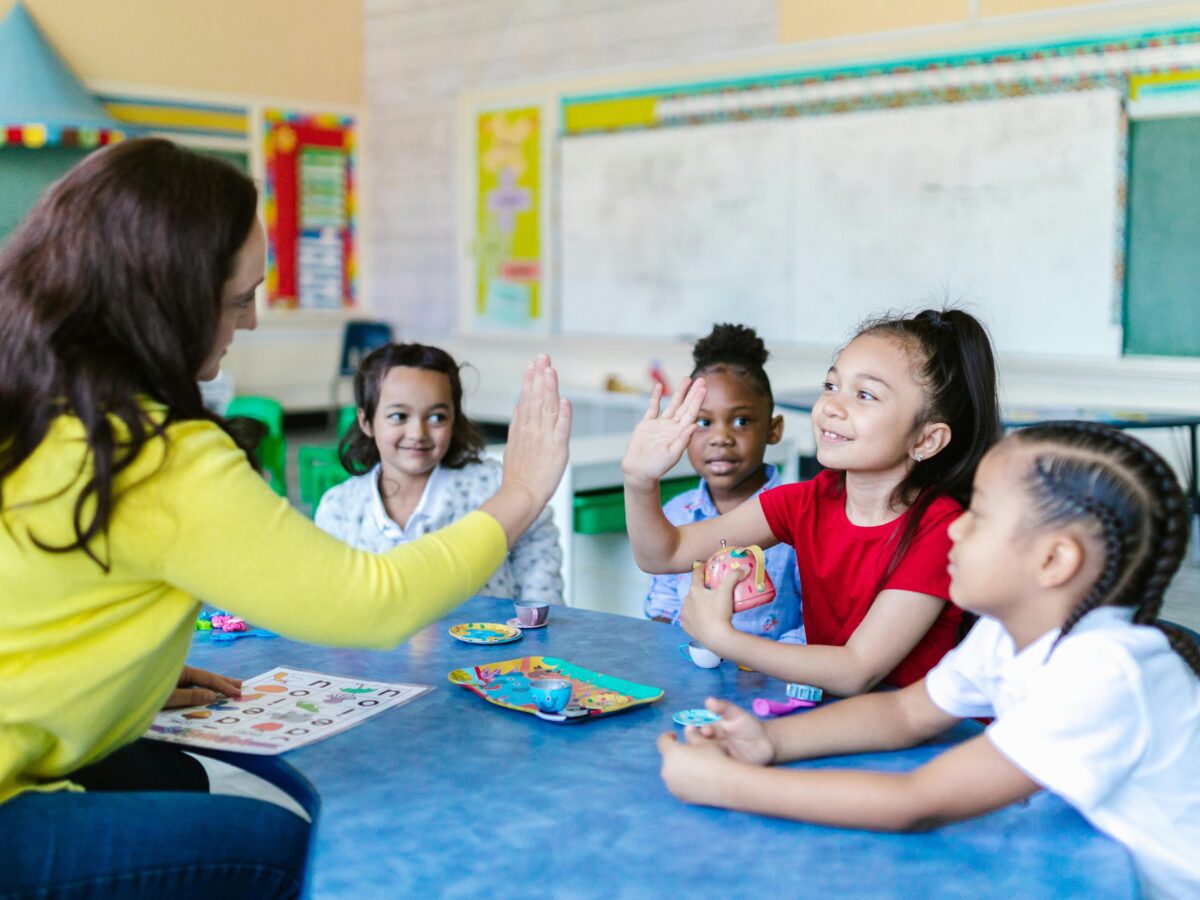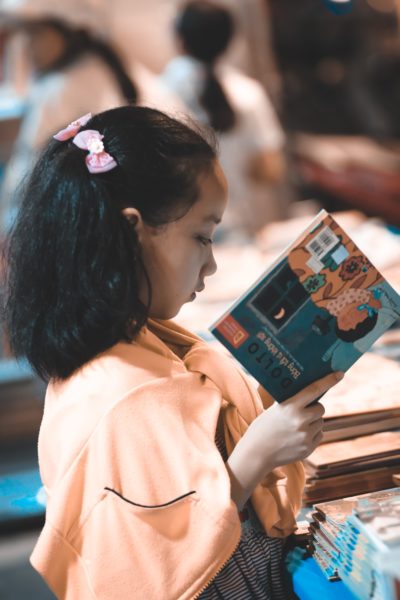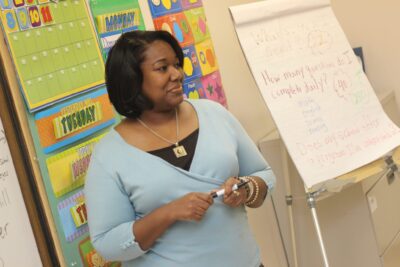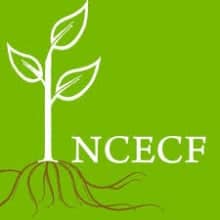
Editor’s Note: The first brief of an eight-part series from the North Carolina Early Childhood Foundation is embedded below on classroom experiences while aligning reading instruction with the “science of reading.”
Reading proficiently by third grade is one of the most powerful indicators of future success, and North Carolina has made historic investments to get it right. But what happens after the training ends? How do we ensure that every classroom, school, and district can turn the Science of Reading knowledge into action?
The Science of Reading Implementation Briefs Series, co-authored by 11 educators and literacy leaders from across North Carolina, brings the classroom to the forefront. These eight briefs highlight the real-world insights, roadblocks, and breakthroughs experienced by teachers, coaches, and administrators as they implement structured literacy practices aligned with the Science of Reading (SoR).
Each brief tackles a specific challenge from aligning instruction across staff and grade levels to building inclusive schedules and supporting paraprofessionals. Together, these lessons offer a roadmap for sustainable, school-wide change that supports every child’s journey to reading proficiency.
What you’ll learn:
- How North Carolina teachers are using Language Essentials for Teachers of Reading and Spelling (LETRS) training in diverse school contexts.
- Practical strategies to support paraprofessionals, multilingual learners, and students with disabilities.
- The power of collective implementation planning across grade levels and roles.
- Why school schedules matter — and how to make time for reading and writing instruction that sticks.
- The limits of relying on parent advocacy alone to push for science-based change.
Start here if you’re ready to move from learning to leading. These insights can shape school policies, support teacher planning, and inform funding decisions that improve early literacy for all North Carolina students.
The first of eight briefs, “Lessons Along the Pathway to Implementing the Science of Reading In North Carolina Classrooms,” is embedded below.
About NCECF’s Science of Reading Implementation Fellowship
The Science of Reading Implementation Fellowship was a nine-month professional learning initiative led by the North Carolina Early Childhood Foundation (NCECF) during the 2023–2024 academic year. Created to bridge the gap between statewide training and classroom practice, the fellowship brought together a diverse team of six frontline educators and five literacy experts committed to improving reading outcomes for children across North Carolina.
Participants collaborated as a professional learning community to explore real-time challenges, surface what’s working (and what’s not) in SoR implementation, and co-develop practical strategies that schools can apply statewide. Their work focused on turning research into action — making it easier for educators, administrators, and policymakers to support consistent, effective reading instruction for all students.
Fellows represented a range of roles and expertise, including literacy coaches, pre-K and kindergarten teachers, and a structured literacy specialist, with perspectives from Alamance, Forsyth, Mecklenburg, Orange, Robeson, and Wake counties. The fellowship was guided by NCECF, in partnership with four university-based literacy professors and the assistant director of early literacy at the Department of Public Instruction.
This brief series is the culminating product of the fellowship — a set of insights, case studies, and recommendations designed to strengthen how the Science of Reading is implemented across classrooms, schools, and districts in North Carolina.
Thank you to our co-authors
- Patricia Albornoz, core literacy teacher in Orange County.
- Kelley Bendheim, assistant director of early literacy in the Office of Early Learning at the Department of Public Instruction.
- Dennis Davis, associate professor of literacy education at North Carolina State University.
- Alesa Falcone, lead ELA teacher in Mecklenburg County.
- Kiara Felts, pre-K teacher in Alamance County.
- Rebecca Griffith, structured literacy and dyslexia specialist in Forsyth County.
- Rhonda Grode, reading specialist in Wake County.
- Micere Keels, policy and practice lead with the NCECF.
- Julia Lashley, academic coach in Robeson County.
- Kindel Nash, Spangler distinguished professor of early childhood literacy at Appalachian State University.
- Paola Pilonieta, associate professor of reading and elementary education at the University of North Carolina at Charlotte.
Recommended reading



